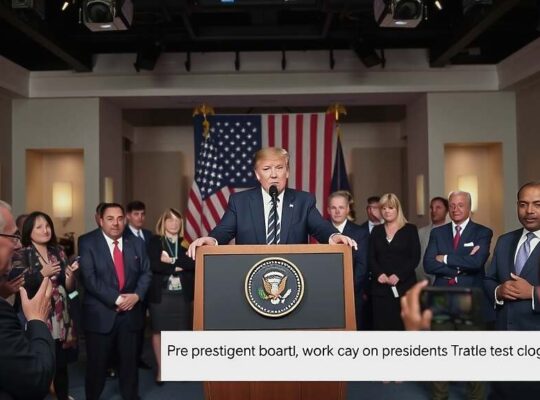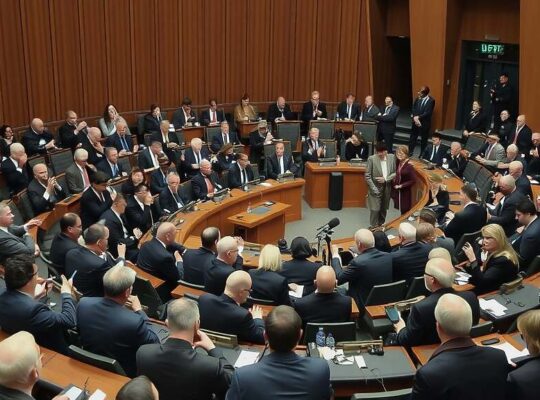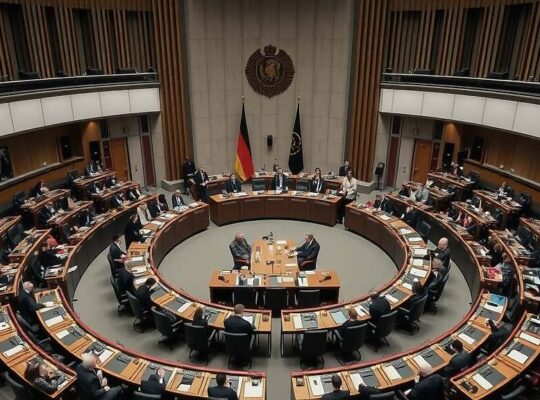A significant majority of German citizens are expressing strong opposition to the proposed lottery system embedded within the draft Wehrdienstgesetz (military service law) championed by the conservative Union parties. Recent polling data, conducted by the reputable research institute Insa for “Bild am Sonntag” reveals that 60% of respondents deem the regulation – which stipulates a lottery to select individuals for assessment and potential conscription in the event of insufficient volunteer numbers – to be fundamentally flawed.
Only 21% view the proposal favorably, with 11% registering indifference and 8% declining to offer an opinion. The widespread skepticism extends even within the traditional support base of the Union parties, where 59% of CDU/CSU voters reject the lottery framework. Opposition is even more pronounced among SPD voters, a resounding 64% of whom voice their disapproval.
The data highlights a particularly stark generational divide, with only 20% of individuals aged 18-29 across all political affiliations supporting the proposed lottery system, compared to a 50% rejection rate. This suggests a deep-seated concern among younger citizens regarding the potential for perceived unfairness and infringement on individual liberties under the current draft.
While the lottery aspect faces considerable resistance, the broader question of reinstating mandatory military service remains deeply divisive. Currently, 44% favor a return to the previous, mandatory model, while 38% prefer a voluntary basic service option. A further 12% express no preference, reflecting the ongoing national debate surrounding conscription and the future of Germany’s defense posture.
The poll, conducted between October 16th and 17th, surveyed a representative sample of 1,003 individuals. The results underscore a crucial challenge for the governing coalition as they attempt to navigate the politically sensitive issue of military service reform and risk alienating key demographics with a perceived imposition on personal autonomy. The current framework requires substantial reassessment to garner broader public acceptance and ensure its long-term viability.












